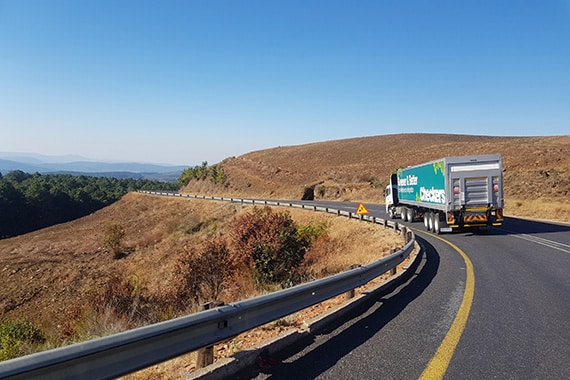A still immature market
Most studies agree that only 20 to 25% of shippers are equipped with a TMS module. The benefits of TMS software, however, no longer need to be demonstrated… So how do we explain that only a quarter of shippers are equipped with a TMS to control and optimize their transport activity?
This phenomenon is partly due to the priority given in recent years by companies to the computerization of front-end business development-oriented functions, to the change of store applications and to the renewal of ERP tools due to the digitalization of commerce. Then, IT investments went to improving manufacturing or distribution operations with the renewal of WMS software, whose equipment rate is very high today (>80% in France). Transport therefore appears to be the poor relation, the one that we only take care of once the other processes have been optimized, which is wrong with regard to the potential for immediate gain that it can represent.
We can see however that the trend seems to be reversing, with supply chain departments realizing the increasingly growing impact of transport on the cost of products. Another sign which appears to suggest greater market dynamism: more and more calls for tenders, issued by companies supported by specialist consulting firms, and endowed with increasingly precise specifications.




